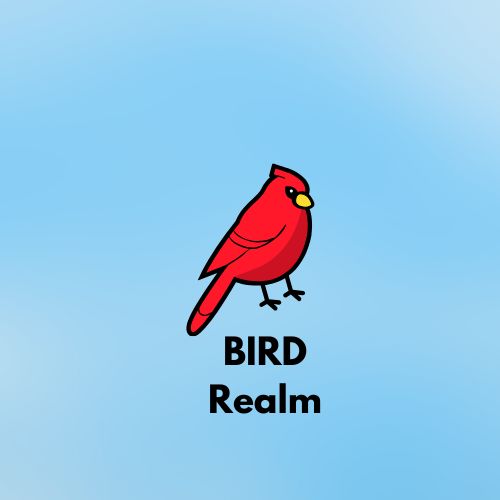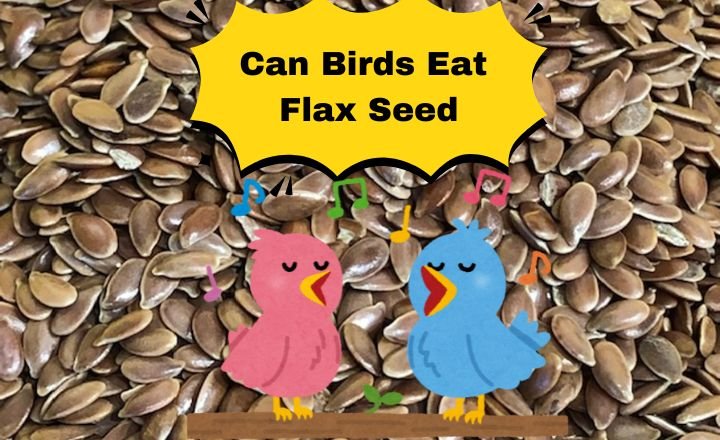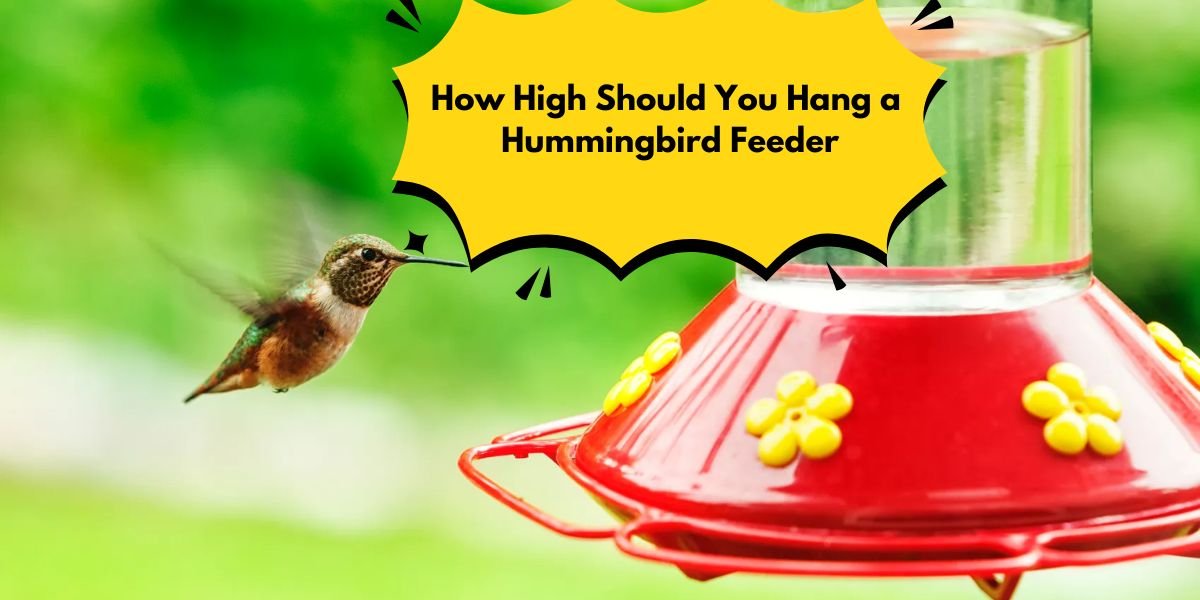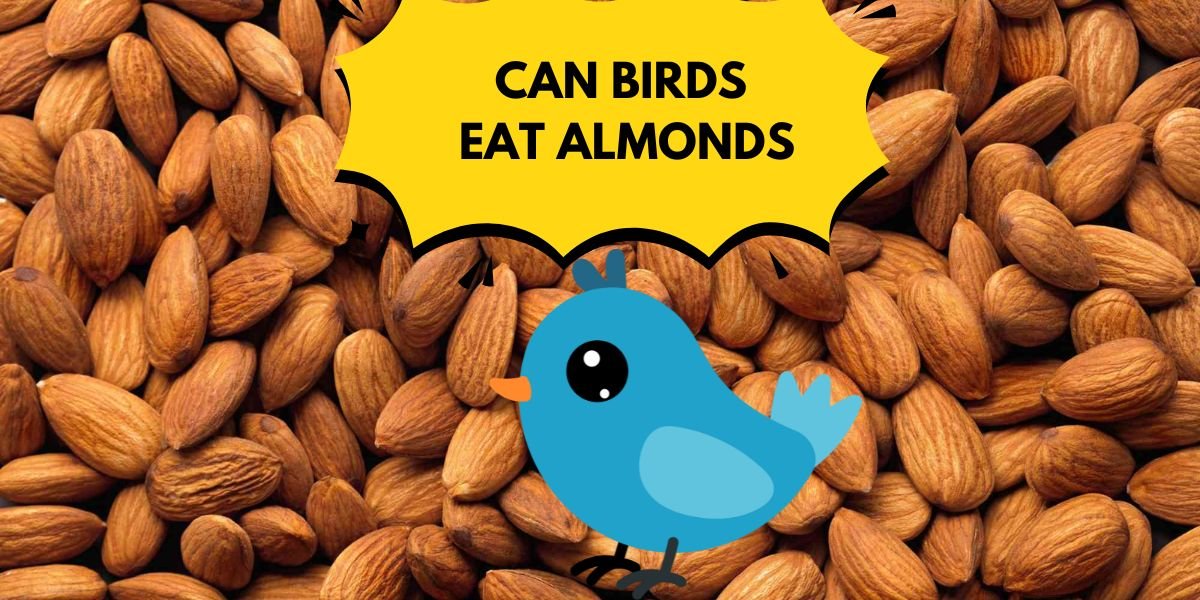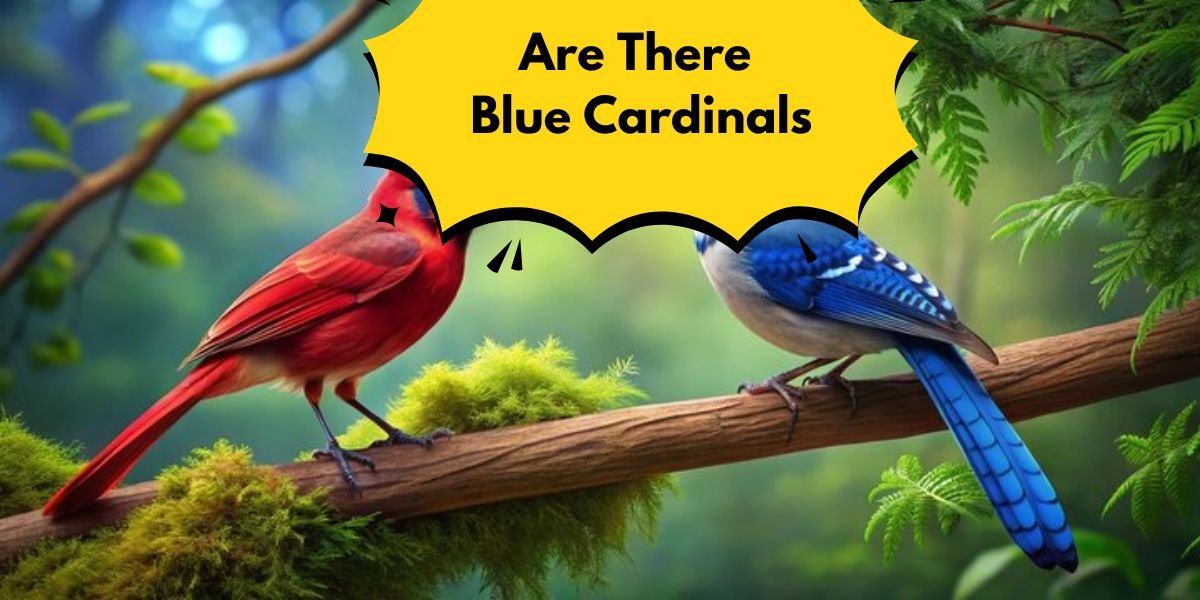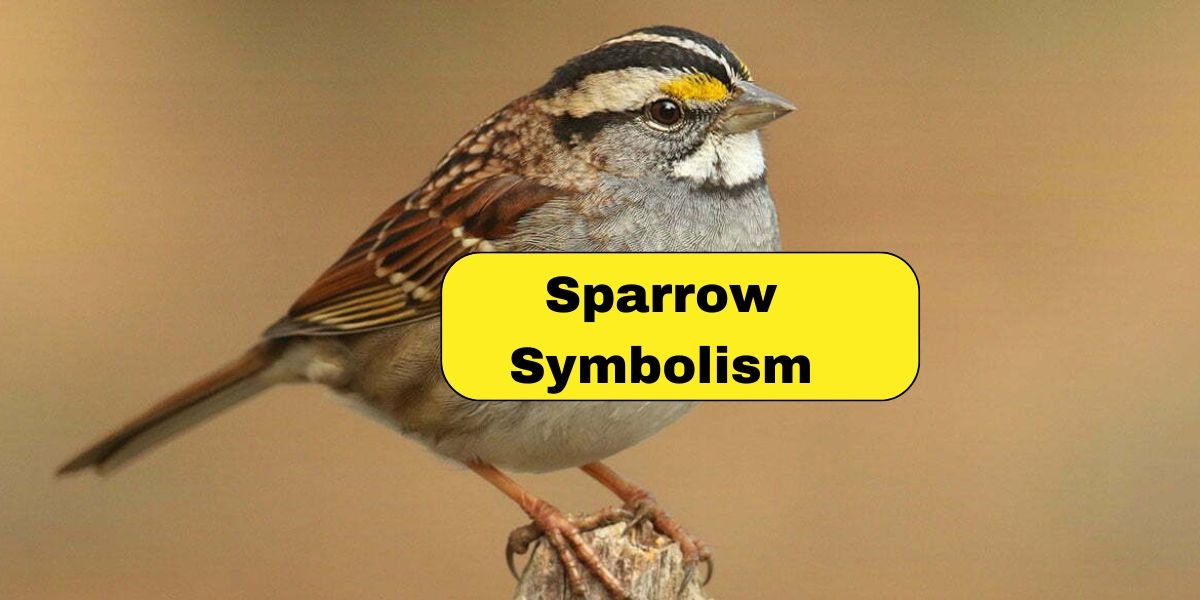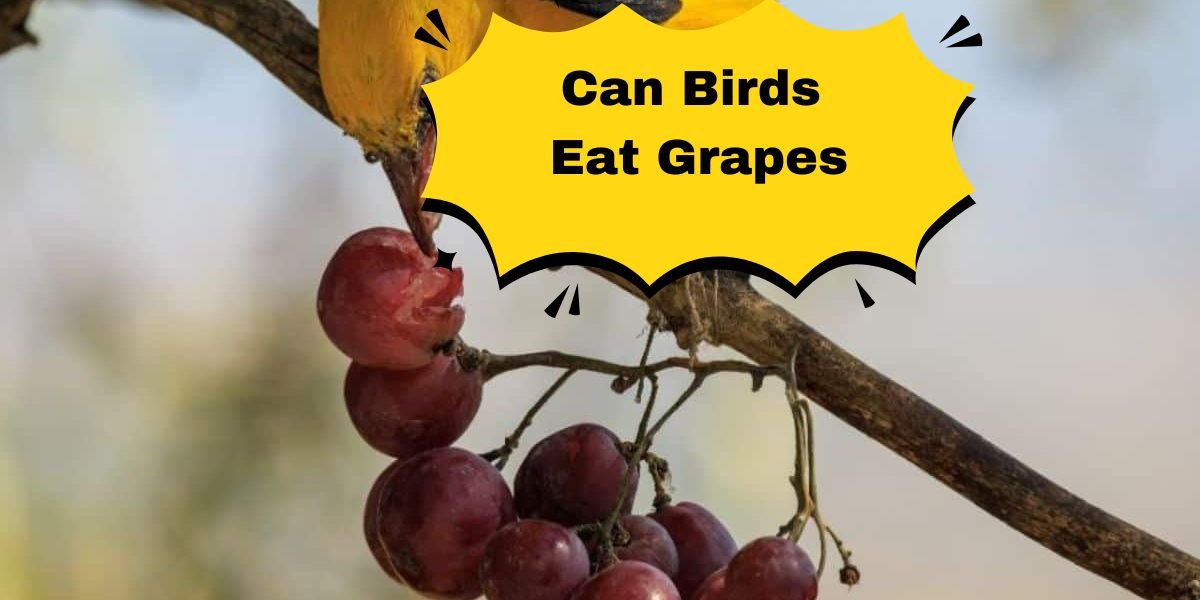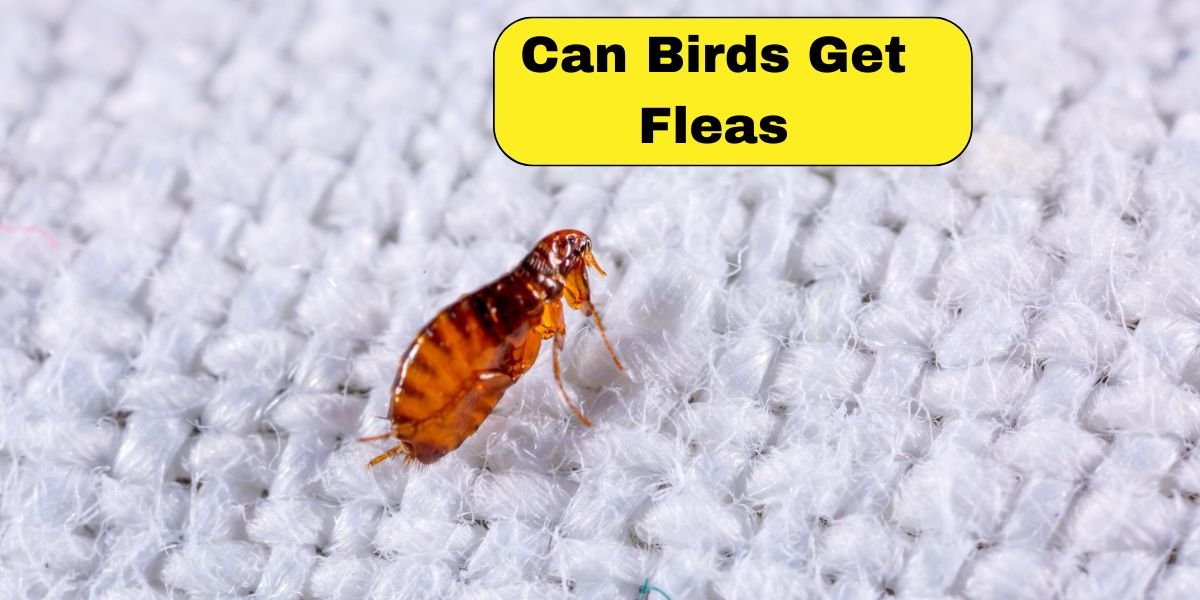Can Birds Eat Flax Seed?
As you watch birds flit about your garden, have you ever wondered what they nibble on to fuel their vibrant aerial displays? Among the myriad of seeds available in the avian diet, flax seed has recently gained popularity among bird enthusiasts.
But before you toss a handful into your feeder, a pressing question arises: Can birds eat flax seed? This tiny superfood, packed with omega-3 fatty acids and fiber for humans, may hold potential benefits for our feathered friends as well.
In this guide, we will explore the nutritional composition of flax seed and its suitability for various bird species. We’ll delve into the possible advantages and any precautions that should be taken when introducing this healthful addition to their diets.
Understanding how different birds interact with flax seed can not only enhance their feeding experience but also provide insights into fostering a healthier environment for them in your backyard. So, let’s take flight into the world of avian nutrition and discover whether these little seeds are indeed a delightful treat or something better left on the shelf!
How to Feed Flax Seeds at Your Feeder
Flax seeds are rich in omega-3 fatty acids, protein, and fiber, making them an excellent choice for species such as finches and sparrows. To effectively offer flax seeds, consider mixing them with other birdseed varieties to create an enticing blend that will lure feathered visitors.

When you’re ready to fill your feeder, opt for fresh and high-quality flax seeds, as stale or rancid seeds can deter birds from feeding. It’s also beneficial to use platform feeders or trays with low sides since these designs allow ground-feeding birds easier access.
Not only does this promote diversity among your avian friends, but it encourages sharing—pickier eaters may hesitate when confronted with only one type of seed. Keep an eye on the activity at your feeder; over time you might discover which species favor the addition of flax seeds most eagerly!
Which Backyard Birds Might Eat Flax?
When considering the backyard birds that might delight in a hearty serving of flax seeds, one can look to species known for their diverse diets, such as American goldfinches and purple finches. These colorful visitors often forage for seeds and are particularly fond of smaller grains. Sparrows like the house sparrow may also indulge when other preferred foods are scarce.
Larger birds such as doves often scavenge seed mixes that contain flax seeds, showcasing their adaptability in diet choices. To maximize your bird-watching experience, consider creating a feeding station stocked with flax among other seeds.

The sight of various birds flitting about will not only enhance your backyard’s ambiance but also contribute to local biodiversity—proof positive that small actions can have significant ecological impacts. Here are some common backyard birds that might sample flax seeds at your feeder.
- Finches
- Sparrows
- Chickadees and Titmice
- Cardinals
- Juncos
- Nuthatches
- Doves
Finches
Finches, particularly the vibrant goldfinches and large flocks of house finches, are among the backyard birds most likely to indulge in flax seed. Known for their affinity for small seeds, these colorful avian friends might not turn down a nutritious offering of flax.
Finches are naturally drawn to various seeds, it’s important to introduce flax seed and sesame seed thoughtfully into their diet. Mixing it with other seeds like sunflower or thistle can entice finches while minimizing waste since they tend to sift through offerings. ground flax or crushed seeds could offer easier access for smaller finches that may struggle with whole grains.
Sparrows
Sparrows are often seen flitting about yards and gardens, their cheerful chirps adding a lively soundtrack to outdoor spaces. These small birds are known for their diverse diet, which frequently includes seeds and popcorns . Sparrows may indeed indulge in this nutrient-rich option if it’s available.
Flaxseeds offer healthy fats and protein that can benefit these energetic foragers, making them a worthy choice in your bird feeding repertoire. Sparrows have been observed showing a preference for smaller seeds when food is scarce or when sweeter options like millet and sunflower aren’t readily accessible.
Their adaptability makes them resilient feeders throughout different seasons. Offering organic flaxseed alongside traditional birdseed blends could entice these delightful visitors to your yard—providing both nourishment and the sheer joy of watching them up close as they forage and socialize among themselves.
Chickadees and Titmice
Chickadees and titmice are not just charming additions to your backyard; they are also curious foragers that may enjoy a dietary treat of flax seeds. While these small birds typically feast on insects, fruits, and seeds, their adventurous palates often lead them to explore novel food sources. Observing these delightful creatures interacting with flax can provide both a fascinating spectacle and an opportunity for you to learn about their varied diets.
Cardinals
Cardinals are often a vibrant sight flitting among the trees and feeders. These striking red avian not only add color to your landscape but also bring an interesting dynamic to bird feeding. While cardinals primarily thrive on seeds, fruits, and insects, they can indeed partake in flax seeds if offered. Incorporating flax into your bird feeding routine could attract these beautiful creatures while providing them with additional health benefits.
Juncos
Juncos visiting your yard isn’t merely an aesthetic pleasure; it offers insight into the dynamics of local ecosystems. Observing these birds as they pick at specially crafted feeders filled with flax seed alongside other seeds can disguise feeding predilections and promote interspecies feeding habits—keeping them engaged while fostering biodiversity in your small corner of nature.
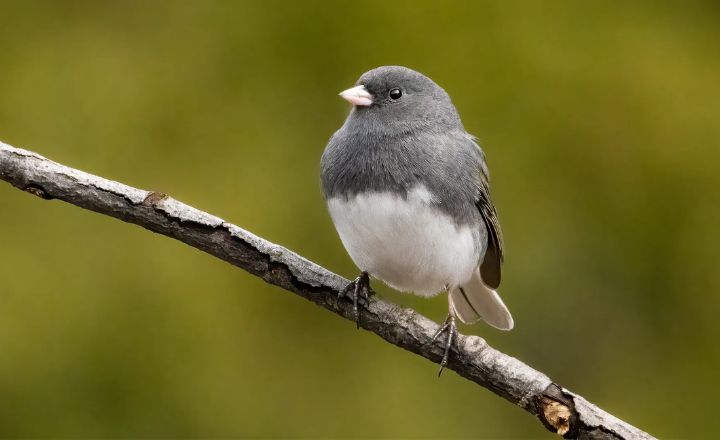
Nuthatches
Nuthatches primarily feed on insects and tree seeds, they will certainly take advantage of the nutrition found in flaxseed if it’s available. When attracting these daring avian friends to your yard, consider offering flaxseeds alongside other surefire favorites like sunflower seeds or peanuts.
Setting up feeders with mixed birdseed that includes flax can entice nuthatches to stop by as they search for nutritious snacking options. Observing how nuthatches deftly maneuver upside-down on tree trunks while seeking food not only adds joy to your backyard but also highlights their adaptability in searching for varied diets.
Doves
Doves, known for their gentle coos and soft plumage, are frequent visitors to backyard feeders. These birds can indeed enjoy a variety of seeds in their diet, and flax seed is no exception. In fact, the small size of flax seeds makes them particularly appealing to doves, as they can easily peck at them while foraging on the ground or flitting around low-hanging bird feeders.
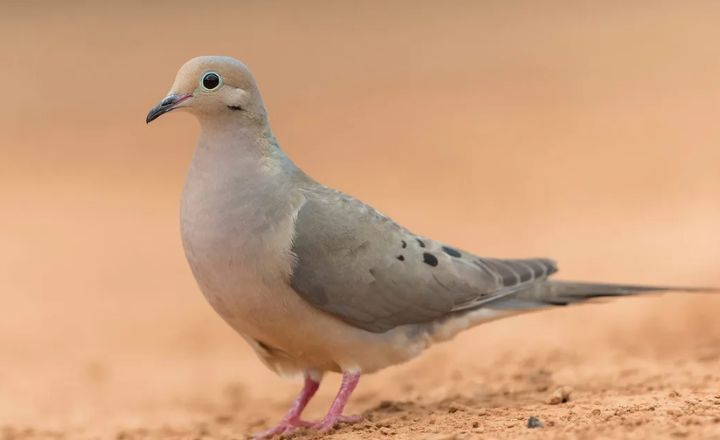
Beyond their aesthetic charm, doves play an important role in seed dispersion; by consuming flax seeds and later excreting them elsewhere, they contribute to potential growth in different parts of your garden.
Final Words
Can birds eat flax seeds? flax seeds can be a nutritious addition to a bird’s diet when offered in moderation. They are rich in omega-3 fatty acids, fiber, and essential nutrients that can promote overall health and well-being in various bird species.
It is crucial to ensure that the seeds are ground or soaked, as whole flax seeds may pose a choking hazard or be difficult for birds to digest. Always consult with an avian veterinarian or an expert in bird nutrition before introducing new foods to your feathered friends. By taking these precautions, you can safely incorporate flax seeds into their diet and support their nutritional needs.
